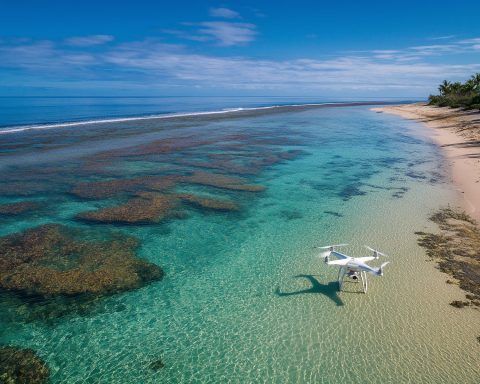
Fiji’s Drone Laws 2025 – What Every Pilot Needs to Know Before You Fly
Key Facts Legal Framework and Authority Fiji regulates drones as aircraft under its civil aviation laws. The Civil Aviation Authority of Fiji (CAAF) is the national regulator responsible for drone safety oversight drone-laws.com. Under Fiji’s Air Navigation Regulations, operation of